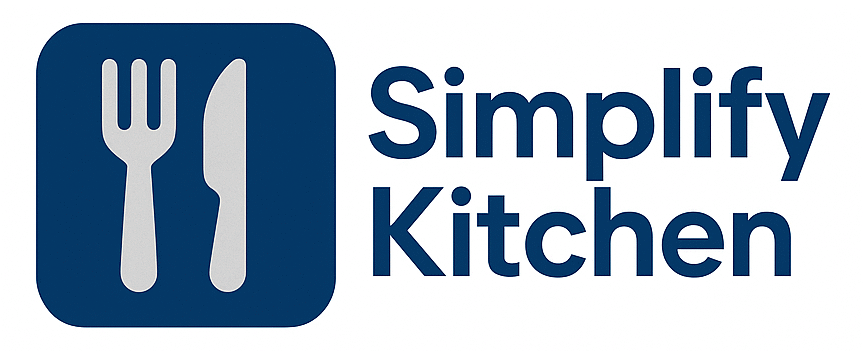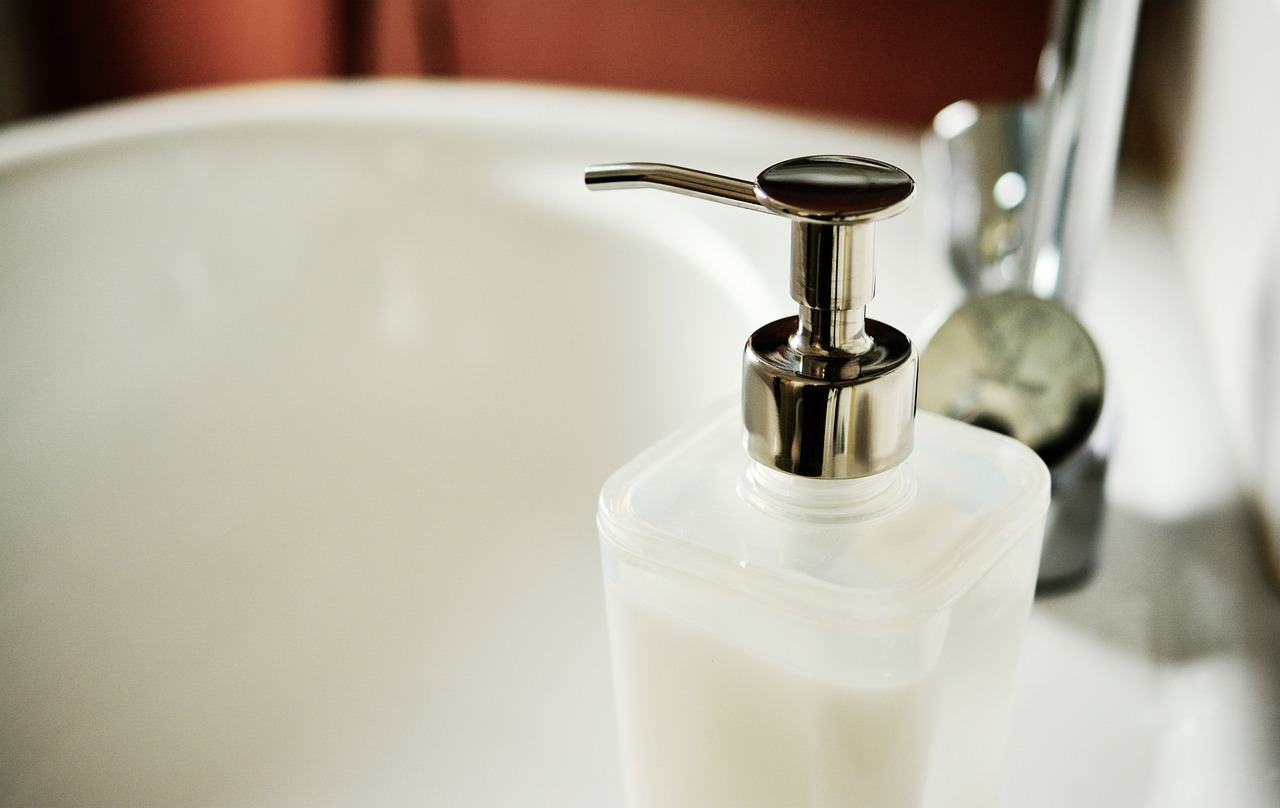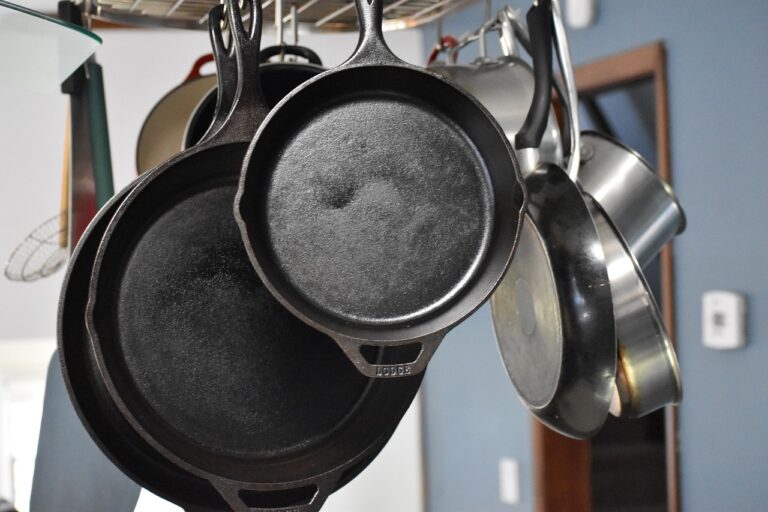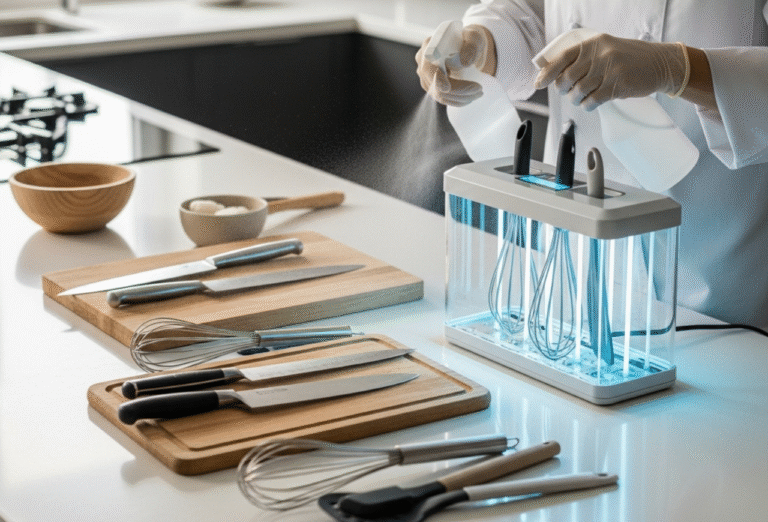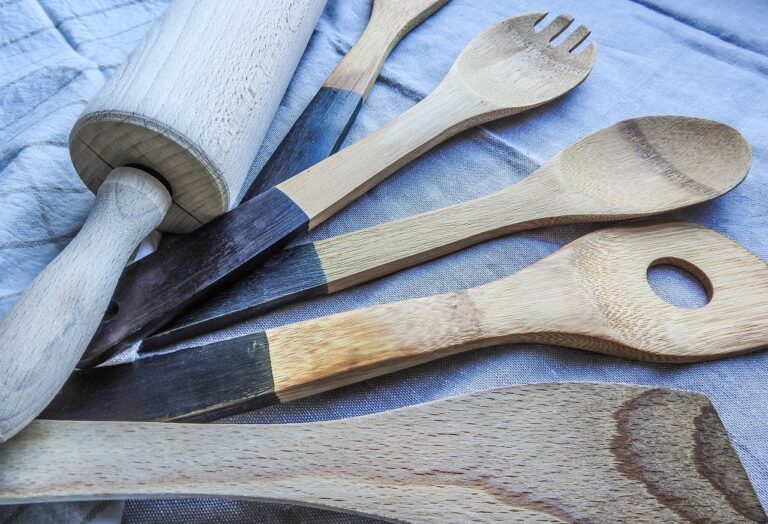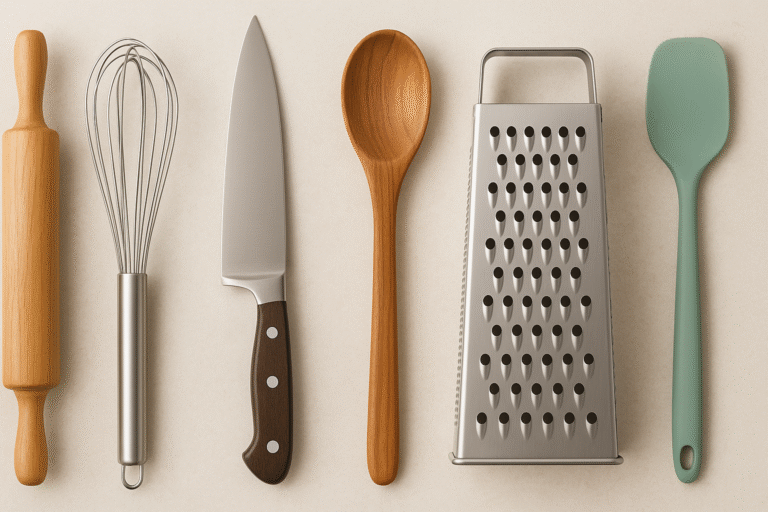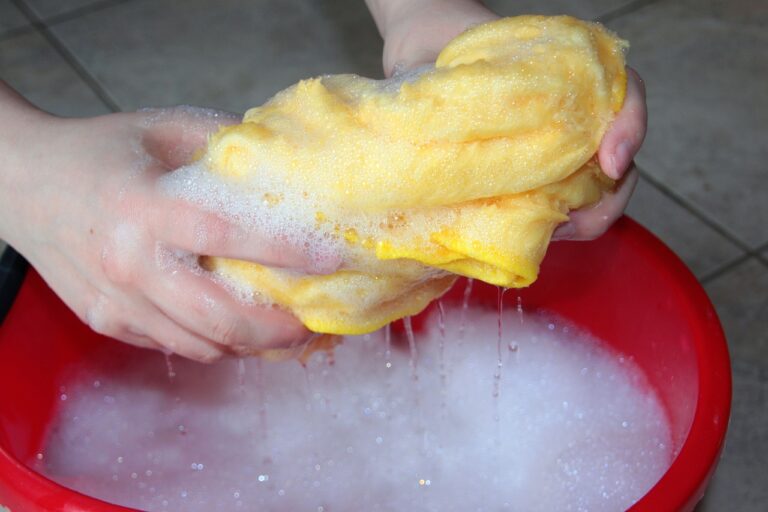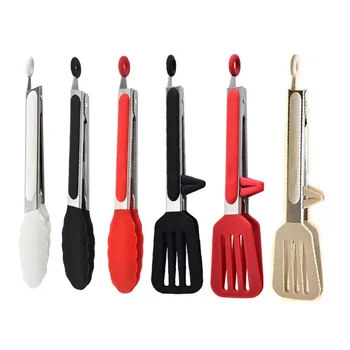The kitchen is often described as the heart of the home, where meals are prepared and families gather. However, it is also a place that can harbor bacteria, germs, and foodborne pathogens if not maintained properly. Cleanliness in the kitchen is not just about aesthetics—it is a vital part of keeping your family healthy and ensuring food safety.
Preventing Foodborne Illnesses
One of the main reasons to maintain a clean kitchen is to prevent foodborne illnesses. According to health experts, millions of people worldwide suffer from food poisoning every year, often caused by bacteria such as Salmonella, E. coli, and Listeria. These bacteria thrive in dirty or improperly cleaned kitchen environments.
Cross-contamination is a major culprit in spreading these germs. For example, using the same cutting board or knife for raw meat and vegetables without cleaning them thoroughly can transfer harmful bacteria. Keeping surfaces sanitized and using separate utensils for different food types reduces this risk significantly.
Protecting Family Health
A clean kitchen promotes overall family health. Dirty countertops, unwashed hands, and contaminated utensils can become breeding grounds for bacteria and viruses. Regular handwashing, especially before handling food, along with proper cleaning of cooking tools and surfaces, can prevent illnesses and allergic reactions caused by mold or pests.
Furthermore, cleaning spills promptly and keeping the kitchen dry helps prevent the growth of mold and mildew, which can trigger respiratory problems and allergies.
Cleanliness and Food Safety
Maintaining cleanliness directly impacts food safety. Proper washing of fruits, vegetables, and raw ingredients removes harmful pesticides and bacteria. Cooking food to the right temperature kills pathogens that could cause illness. Storing food at appropriate temperatures slows bacterial growth and keeps food fresh longer.
Using clean utensils and dishes prevents cross-contamination. Also, regularly checking expiration dates and discarding spoiled food reduces the risk of consuming harmful substances. Following these safety practices combined with thorough cleaning makes your kitchen a safe environment for preparing meals.
Extending the Life of Kitchen Tools and Appliances
Maintaining cleanliness isn’t just good for health; it also protects your kitchen investments. Appliances like ovens, microwaves, refrigerators, and dishwashers function better and last longer when regularly cleaned. Grease buildup, food particles, and grime can cause appliances to break down or perform inefficiently.
Similarly, kitchen tools and utensils last longer when cleaned and stored properly. For example, cutting boards that are regularly sanitized prevent cracks and stains, and knives retain their sharpness longer when not exposed to corrosive substances.
Creating a Pleasant and Efficient Cooking Space
A clean kitchen is a welcoming and enjoyable space to work in. When countertops are clutter-free and appliances are spotless, cooking becomes less stressful and more efficient. You can find ingredients quickly, avoid mix-ups, and focus on the creative process of preparing delicious meals.
In addition, a tidy kitchen reduces the risk of accidents such as slips, cuts, or fires that can happen due to spills or grease buildup.
Maintaining Pest Control
Kitchens attract pests like ants, cockroaches, rodents, and flies because of leftover food, crumbs, and spills. These pests can contaminate food, cause damage, and bring additional health risks.
Proper cleaning routines such as wiping counters, sweeping floors, sealing food in airtight containers, and emptying trash regularly help keep pests away. Addressing any infestations quickly and maintaining cleanliness ensures your kitchen stays safe and hygienic.
Tips for Maintaining Kitchen Cleanliness
-
Wash hands thoroughly before and after handling food.
-
Clean countertops and cutting boards with disinfectant after every use.
-
Use separate utensils for raw and cooked foods to prevent cross-contamination.
-
Clean appliances regularly, including the inside of the microwave and refrigerator.
-
Store food properly in sealed containers to keep it fresh and pest-free.
-
Sweep and mop the kitchen floor daily to remove crumbs and spills.
-
Take out the trash regularly and clean the bin to avoid odors and pests.
-
Dry sinks and countertops to prevent mold growth.
-
Deep clean your kitchen at least once a week.
Conclusion
Kitchen cleanliness is crucial for a healthy, safe, and enjoyable home environment. It helps prevent illnesses, protects your kitchen tools, reduces pests, and creates a space where cooking and family time can be cherished. By adopting simple daily cleaning habits and staying mindful of food safety, you can ensure that your kitchen remains the true heart of your home.
